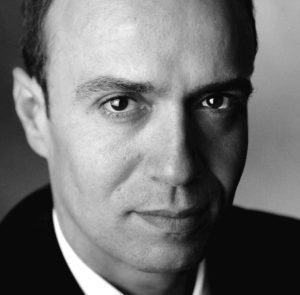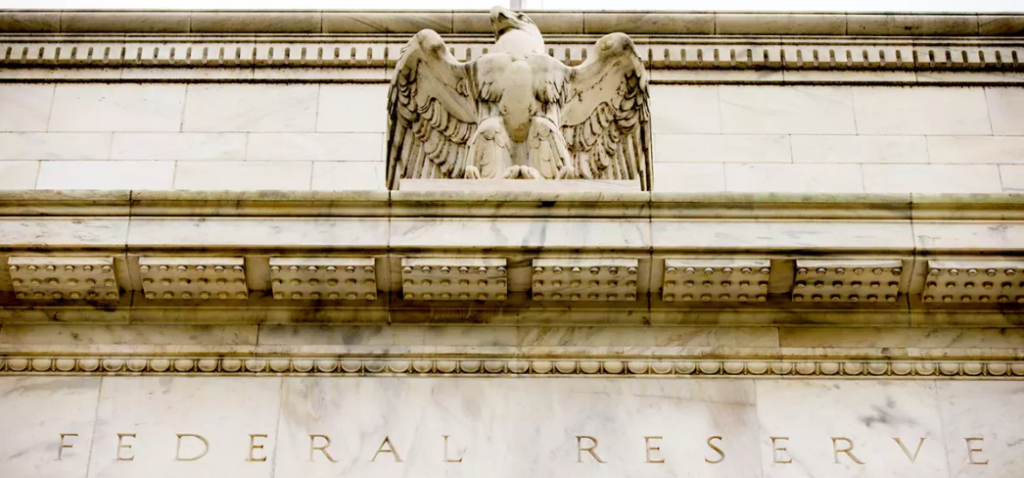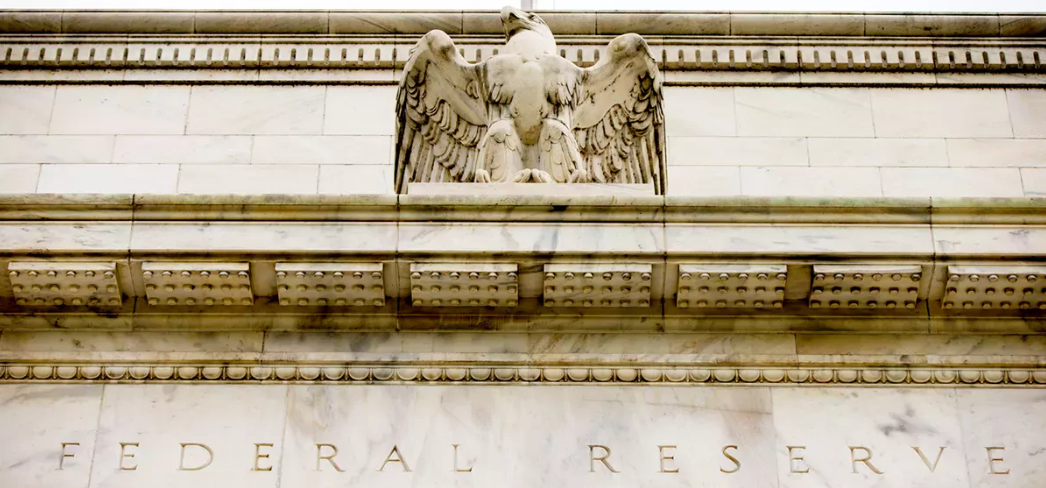
François Christen
Chief Economist
US central bank prepares to stop raising interest rates and deny pivot prospects.
Original article published in French on agefi.com

As the Federal Reserve prepares to take the stage, the Bank of Canada and the Reserve Bank of Australia have just raised their respective key interest rates by 0.25%. Both institutions took a break during the first half of the year. In the USA, the yield on the 10-year T-Note rebounded to around 3.75%. Short-term bonds are increasing, with the yield on the 2-year T-Note near 4.6% pending the FOMC’s decision.
The status quo is favored by the odds, after 15 months of an uninterrupted cycle puhing the Fed Funds interest rate from 0% to 5%! Although “core” inflation (excluding energy and food) is still well above the 2% target, the FOMC has no shortage of arguments to justify a pause. The ” lags ” involved in monetary policy argue in favor of a pause until we have a better idea of how inflation, economic conditions and bank lending conditions are evolving.
While the Fed’s decision to hold its key interest rate steady is hardly in doubt, the summary of the FOMC members’ economic projections, the tone of the statement and the message conveyed by Jerome Powell at the press conference could cause a few shockwaves in the financial markets. However, the damage should prove limited, as a broad consensus seems to have accepted the idea that a pivot will be postponed until 2024. What’s more, CME futures point to the prospect of an extra hike in July.
Among the few indicators of interest, initial jobless claims reached 261,000. This level, unseen since October 2021, corroborates the symptoms of a weakening labor market highlighted by the latest employment report, which showed a rebound in the unemployment rate. The inflation figures expected on Tuesday are not likely to play a decisive role in the FOMC’s decision, but they could influence the message conveyed and the expected path of interest rates in the second half of the year.
In Europe, the structure of euro-denominated interest rates is facing more modest upward pressure, despite the fact that the ECB is preparing to hike its three key rates by a further 0.25% and express its determination to continue its efforts to curb inflation. The deposit rate will thus be raised from 3.25% to 3.5%. The Governing Council may also confirm that it will halt reinvestment of assets accumulated over several years of quantitative easing through the APP.
Despite the gloomy economic situation, the time for a pause has not yet come in Frankfurt. The downward revision of eurozone GDP growth (from 0.1% to -0.1% in Q1 2023, from 0% to -0.1% in Q4 2022) implies a minor technical recession according to the usual simplistic definition, but inflation remains the ECB’s priority issue pending confirmation of the timid decline in core inflation that began in May. The astonishing firmness of employment, which rose by 0.6% in the first quarter, suggests that the macroeconomic ground remains fertile for the development of an inflationary spiral. The materialization of a more severe recession should, however, lead the ECB to adopt a wait-and-see stance from the end of summer, in September.










